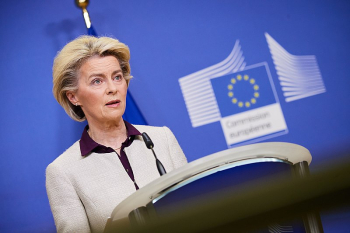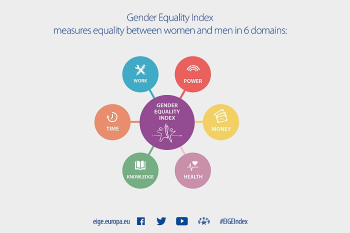
On Tuesday in Strasbourg, the European Parliament gave its approval to the new framework governing national budgets of member states.
Under these rules, member states must keep their budget deficit under 3 percent of gross domestic product (GDP) and public debt under 60 percent. These regulations were temporarily suspended in 2020 to allow governments to allocate funds towards supporting households and businesses affected by the pandemic and later the conflict in Ukraine.
The reintroduction of these rules, based on a preliminary agreement between the Parliament and the Council reached in February, comes with significant changes. While the thresholds of 3 percent and 60 percent remain the same, the new framework grants member states greater flexibility and a more tailored approach to reforming public finances over a period of four to seven years. It takes into account measures aimed at improving long-term financial health, such as pension reforms. Additionally, stricter measures will be enforced against countries that repeatedly violate these rules.
The legislation mandates that countries with a total debt exceeding 90 percent must reduce it by an average of 1 percentage point per year, and by an average of 0.5 points if the debt falls between 60 and 90 percent. Member states exceeding a 3 percent budget deficit must bring it back below that threshold, with a subsequent target of achieving a deficit of 1.5 percent.
Belgium, which had a deficit of 4.4 percent last year and a national debt exceeding 105 percent, will be required to reduce its deficit by 3.4 billion euros annually over the next seven years.
The legislative texts were endorsed in the final plenary session before the European elections by significant majorities from various political groups including the Christian democratic European People’s Party, the social democratic S&D, the liberal Renew Europe, and the conservative ECR. However, the greens and far-left and far-right parties, along with the Belgian socialists, voted against the measures.
Flemish MEP Hilde Vautmans of the Renew group and CD&V emphasized that while budgetary efforts will be necessary in the coming years, the rules will be tailored to the specific circumstances of each country and aligned with multi-annual reform and investment programs.
However, Greens/EFA co-president Philippe Lamberts of the francophone green party Ecolo criticized the emphasis on austerity, arguing for a focus on debt sustainability rather than arbitrary debt reduction.
















